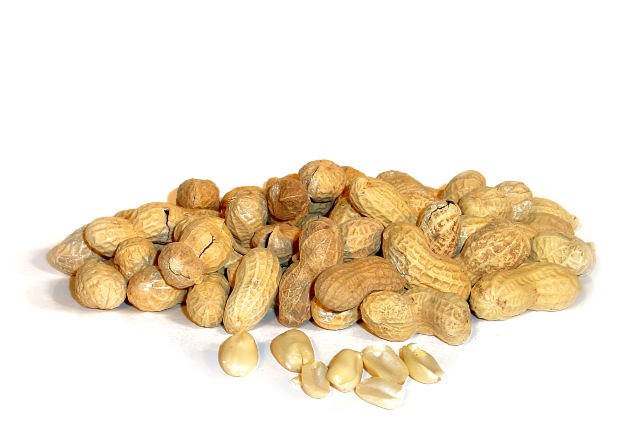 Children who once risked death every time their body came in contact with a tiny speck of peanut butter are now eating 8-12 peanuts a day as part of a pioneering desensitization program, while other research is showing how to prevent peanut allergies in the first place.
Children who once risked death every time their body came in contact with a tiny speck of peanut butter are now eating 8-12 peanuts a day as part of a pioneering desensitization program, while other research is showing how to prevent peanut allergies in the first place.
Mercy Medical Group doctors Rubina Inamdar and Binita Mandal in Sacramento, California have treated 30 children with increased doses of peanut powder over a period of months that produced an increased immunity to the once-deadly food.
Diabetes Breakthrough: Scientist Coax Human Stem Cells into Making Insulin
Also used by doctors in Dallas and elsewhere, the treatment, called “oral immunotherapy,” is now part of a clinical trial at Stanford University led by immunologist Dr. Kari Nadeau. (See the CBS video below)
The number of children diagnosed with peanut allergies has more than quadrupled in the U.S. in the past 17 years. Other allergic conditions are also skyrocketing.
One explanation is that too much sanitation in the home and school has led to a decrease in the body’s ability to tolerate certain foods, pollens or other things in our environment. It’s called the hygiene hypothesis. It states that excessive cleanliness interrupts the normal development of the immune system, and this change leads to an increase in allergies. Families in non-Western countries living in rural environments have a much lower allergic disorder rate.
Additionally, the delayed introduction of foods, the practice of keeping certain foods away from infants and young children, may be associated with higher rates of food allergy.
The results of the controlled trial are striking — overall, the prevalence of peanut allergy in the peanut-avoidance group was 17.2% as compared with 3.2% in the consumption group.
The randomized trial, named Learning Early about Peanut Allergy (LEAP), clearly indicates that the early introduction of peanut dramatically decreases the risk of development of peanut allergy by approximately 70 to 80%.
Questions still exist, but “because the results of this trial are so compelling, and the problem of the increasing prevalence of peanut allergy so alarming, new guidelines should be forthcoming very soon,” according to an editorial in the Journal on February 26.
(WATCH the videos below from CBS and AP)
SHARE the news with your Friends! – Photo by deegolden, via CC



















